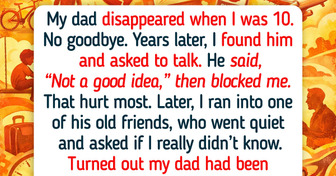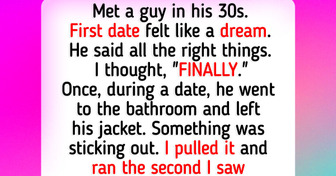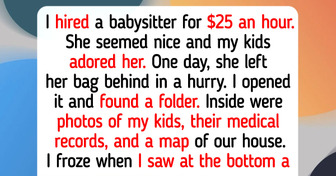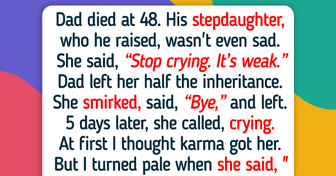15 Wholesome Photos That Could Kick Your Blues Away


Life doesn’t always give us a warning sign before things go wrong. Sometimes, a tiny trick you once read about can make all the difference. From spotting danger before it happens to improvising in the moment, these unusual hacks could actually help you stay safe, avoid accidents, or even save your life one day.
This article is intended for entertainment purposes only. We make no representations or warranties regarding the completeness, accuracy, reliability, or safety of the content provided. Any actions taken based on the information in this article are strictly at the reader’s own risk. We assume no responsibility or liability for any loss, damage, or consequences arising from the use of this content. Readers are advised to exercise their own judgment, take appropriate precautions, and seek professional guidance if attempting to replicate any part of the content.
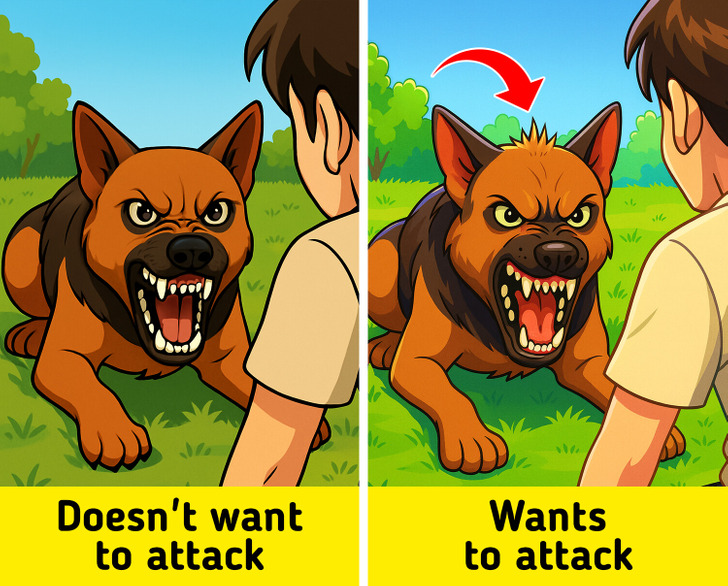
Not every wagging tail means “friendly.” Dogs that are about to attack often show subtle warning signs: stiff posture, raised hackles, pinned-back ears, or even showing the whites of their eyes.
If you notice these, don’t try to pet or calm the dog. Instead, remain calm, avoid direct eye contact, and slowly step back to give it space. This small awareness can prevent a painful (and dangerous) bite.
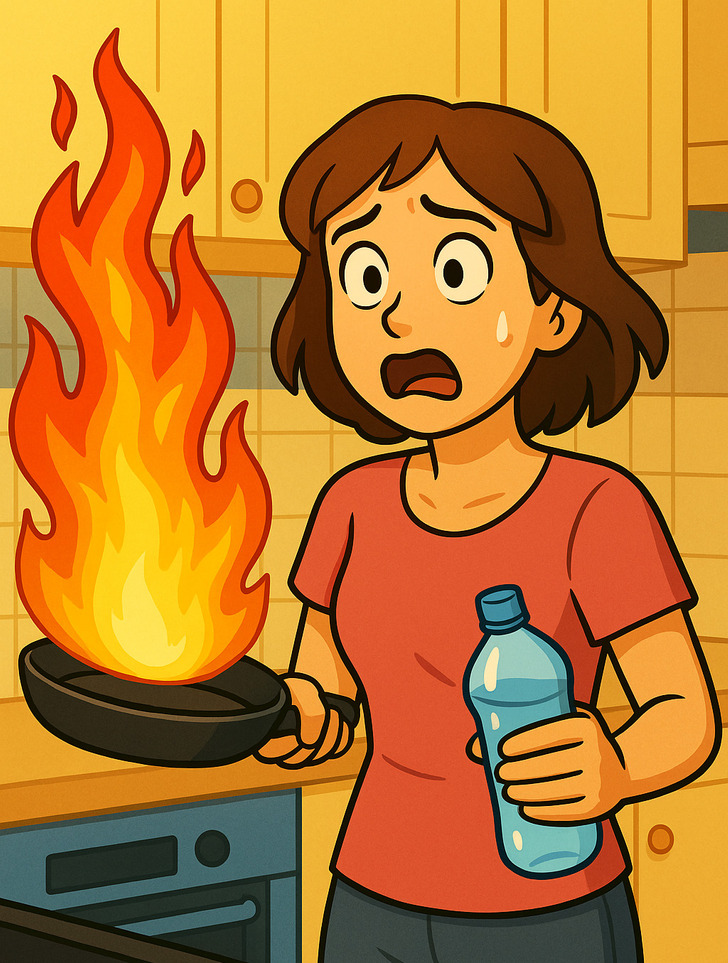
When cooking with oil, a sudden flame can be scary, but throwing water is the worst thing you can do. The water sinks, instantly evaporates, and makes the fire explode higher. Instead, switch off the heat and cover the pan with a lid to smother the flames safely.
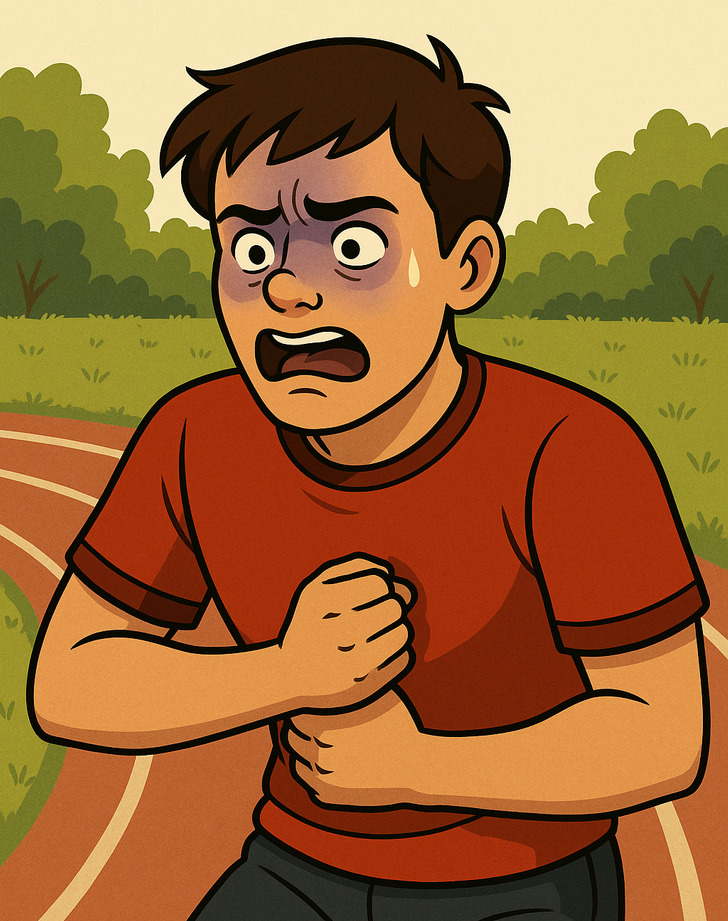
Choking when you’re alone can feel like a nightmare, but you’re not helpless. Place your fist just above your belly button, grab it with your other hand, and press sharply upward against the back of a chair or counter. That upward thrust can dislodge the object and might save your life.
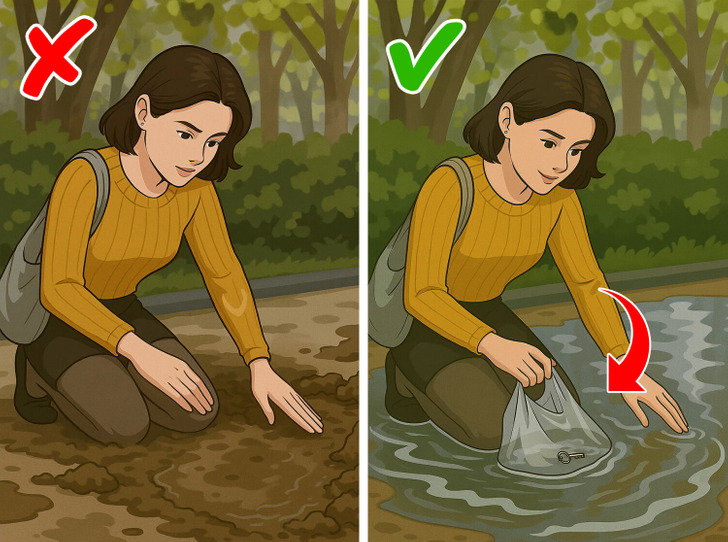
If you drop your keys in murky water, don’t stick your hands in blindly. Instead, fill a clear plastic bag with clean water and press it into the puddle. The clean water displaces the dirty water, creating a see-through window so you can spot and retrieve your keys easily.
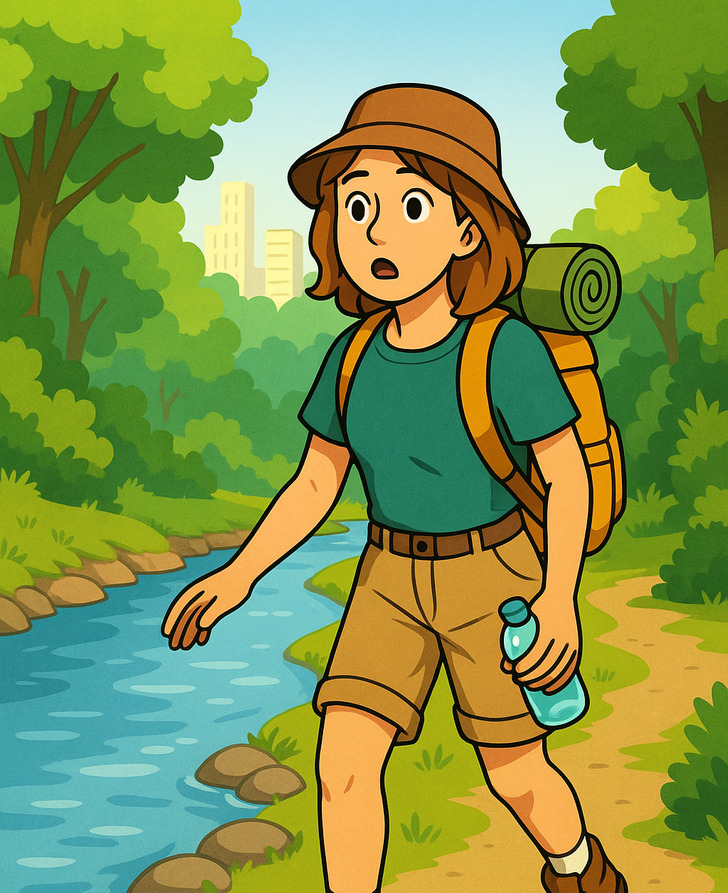
Getting lost on a hike is frightening, but nature leaves clues. Rivers always flow downhill and often connect to bigger bodies of water where people live.
A fence is another good sign. Where there’s a fence, there’s usually a road or building nearby.

Those emergency exit messages at the theater aren’t just routine, they’re reminders of how fast things can change. Make it a habit to glance around and spot exits at work, home, or any public place. If danger strikes, you’ll already know the fastest way out.

It feels casual to stroll down the stairs with your hands tucked away, but it’s a hidden danger. If you trip, you won’t be able to protect yourself, and the fall could be much worse. Keeping your hands free gives you a chance to break the fall and avoid serious injuries.
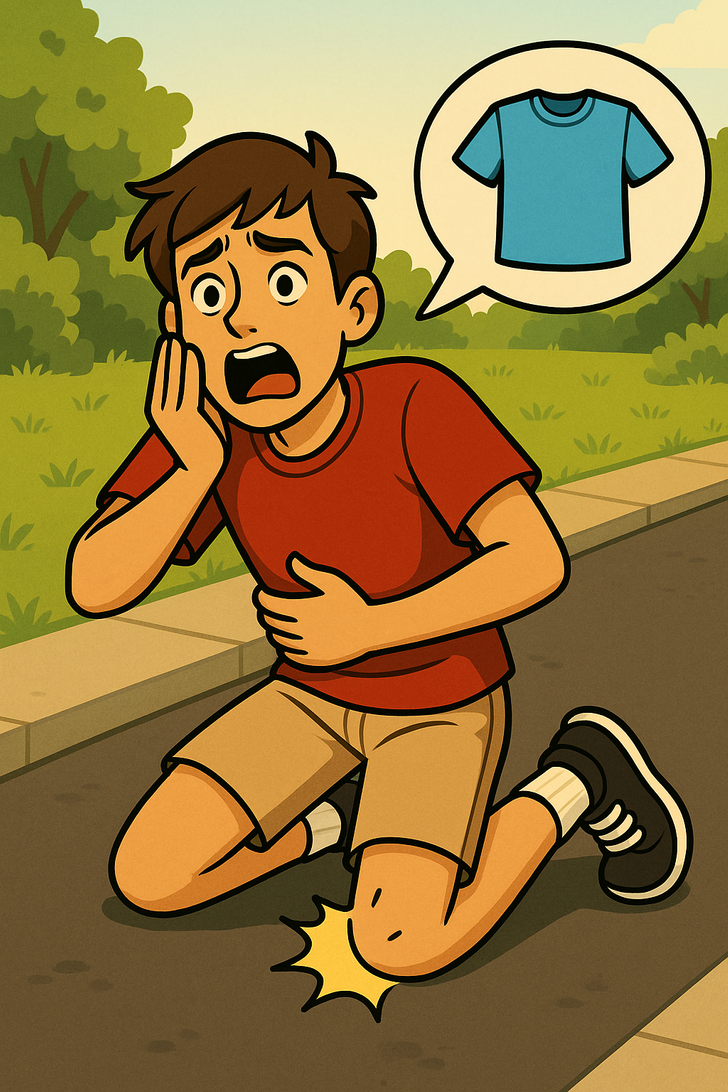
In an emergency, shouting “Help!” into a crowd often makes people freeze. Instead, point directly at someone and say, “You in the blue jacket... call 911 now!” Giving clear instructions breaks the bystander effect and gets help moving immediately.
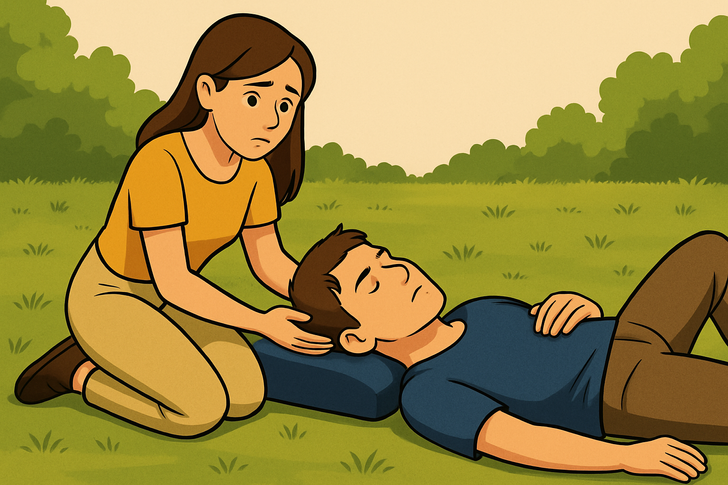
If someone has a concussion, laying them completely flat can cause fluid to build up in the brain. Raising their head gently by 20–30 degrees helps reduce pressure. But if you suspect a spinal injury, keep them still and wait for professionals.
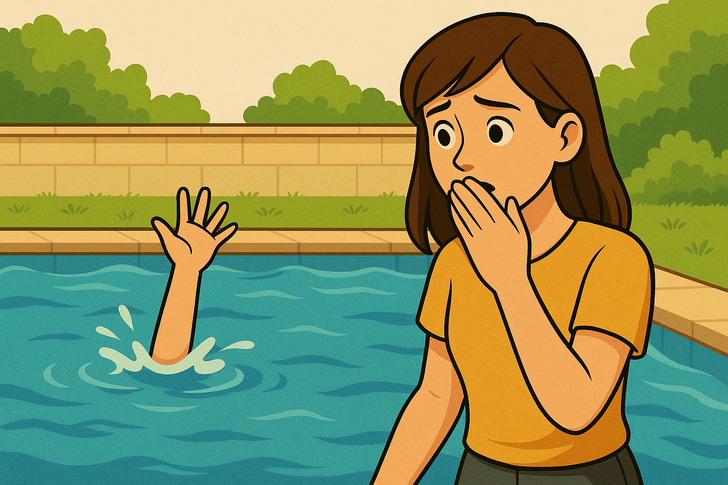
When someone is drowning, the instinct may be to dive in, but that’s risky if you’re not trained. Instead, first reach out with a stick or towel, throw something that floats, or use a boat to row toward them. Only as a last resort should you swim out, because panicked swimmers can unintentionally drag you down.
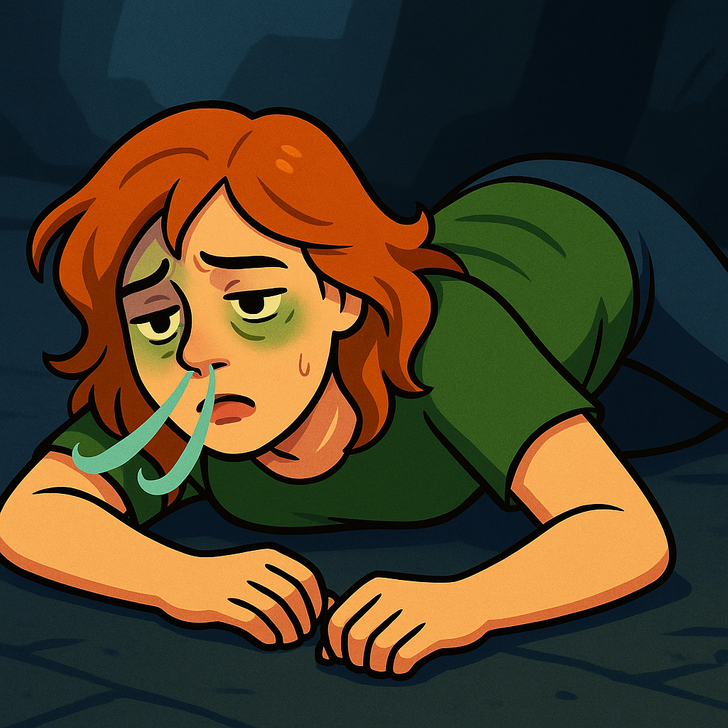
In survival situations, every bit of energy and water matters. Breathing through your nose instead of your mouth conserves moisture and keeps you calmer. It’s a small adjustment that helps you last longer in harsh conditions.
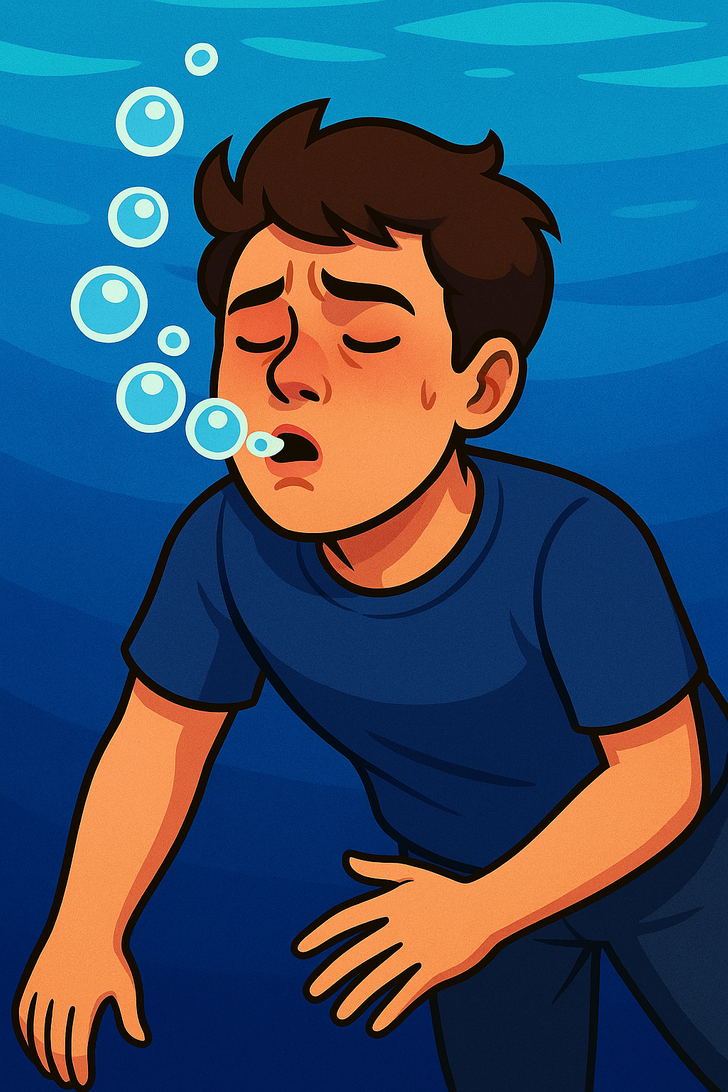
If you’re disoriented underwater, it can be hard to know which way is up. Exhale a little air and watch the bubbles: they always rise to the surface. The same trick applies if you’re buried in snow or dirt: spit, and follow where gravity takes it.
You don’t need to be a survivalist to use these tricks. Just keeping them in the back of your mind could save your life one day. The best part? Most of them don’t require special tools, just awareness and creativity.
And if you’re curious about how other people’s everyday hacks turned into real survival stories, there’s a whole collection right here worth checking out.




